Are you interested in exploring historic homes? Here are the must-see historic houses in Kraków:
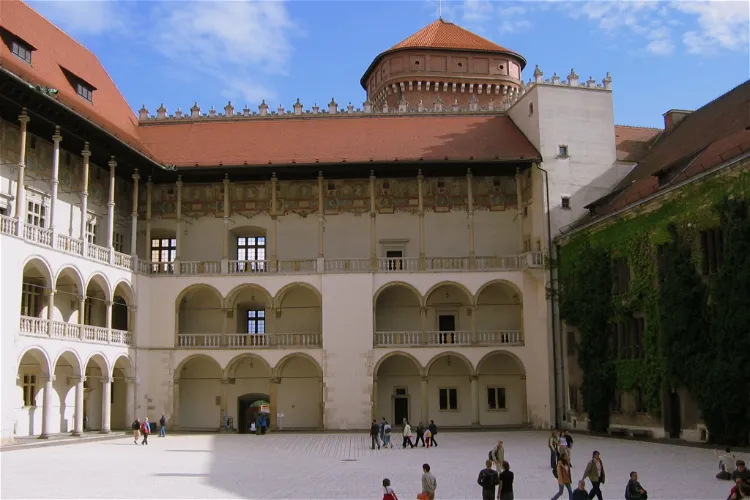
Wawel Royal Castle
KrakówThe Wawel Royal Castle National Art Collection is a significant part of the historic Wawel Castle in Kraków. This residence museum houses a vast collection of art, providing visitors with a glimpse into the rich history and culture of the region. The collection was officially inaugurated in 1930 and has been known by its current name since 1994.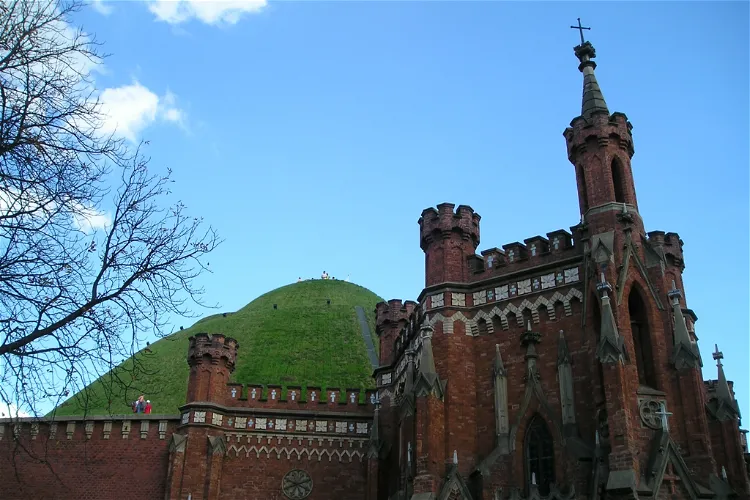
Kosciuszko Mound
KrakówKościuszko Mound, located in Kraków, Poland, is an artificial mound built in honor of the Polish national leader, Tadeusz Kościuszko. This monument is a testament to the national pride and respect for the leader who played a significant role in Poland's history. Visitors can learn about the historical significance of this site and the person it commemorates.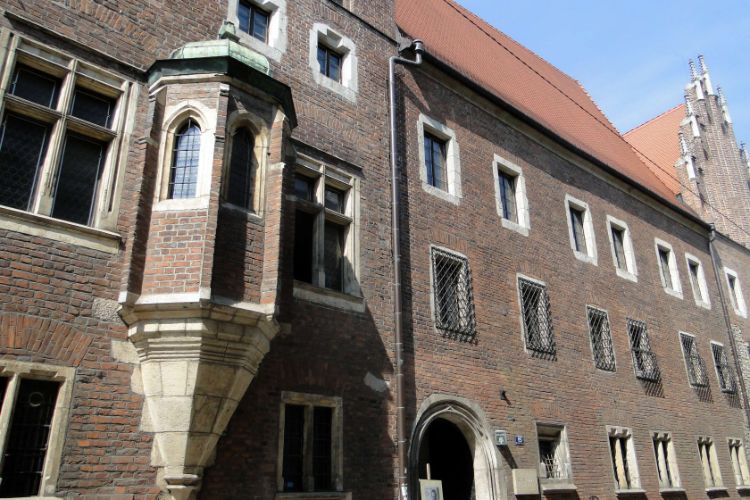
Jagiellonian University Museum
KrakówThe Collegium Maius in Krakow is the Jagiellonian University's oldest building, that dates back to the 14th century. The Collegium Maius houses the Jagiellonian University Museum. The Collegium Maius was rebuilt in the late 15th century as a late-Gothic structure, where professors lived and worked a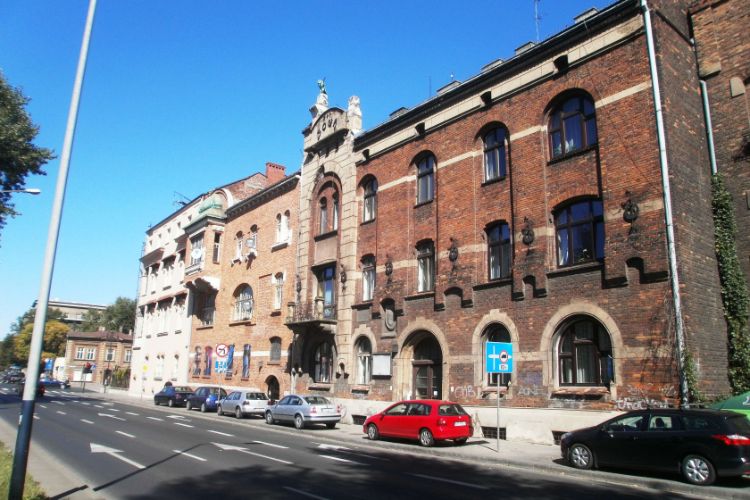
Stained Glass Museum
KrakówThe Stained Glass Museum is a musuem in Krakow that is dedicated to stained glass. The museum also includes a stained-glass workshop and is located in a historic tenement house. The Stained Glass Museum in Krakow's exhibition room is intertwined with the still functioning stained-glass workshop, mak- Online discount!
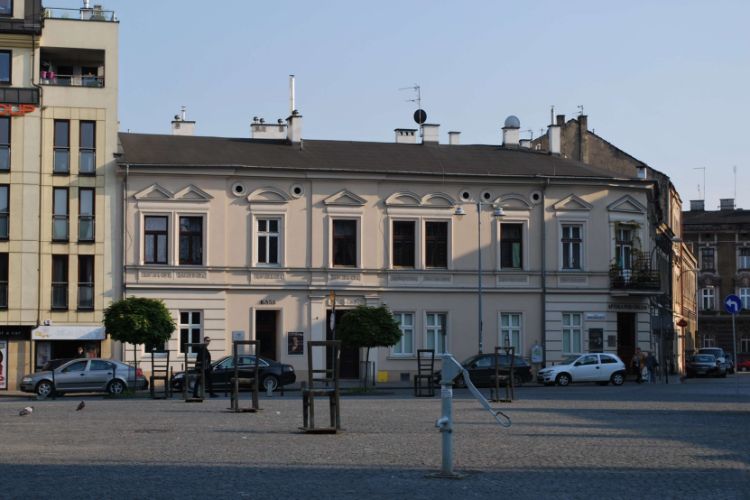
Apteka pod Orlem - Ghetto Eagle Pharmacy Museum
KrakówApteka Pod Orłem (Pharmacy Under the Eagle) was the only pharmacy in the Krakow ghetto. The pharmacy was established in 1910 by Jozef Pankiewicz. During the Second World War the owner was his son Tadeusz Pankiewicz, the only Pole who lived within the boundaries of the ghetto, from the beginning to t 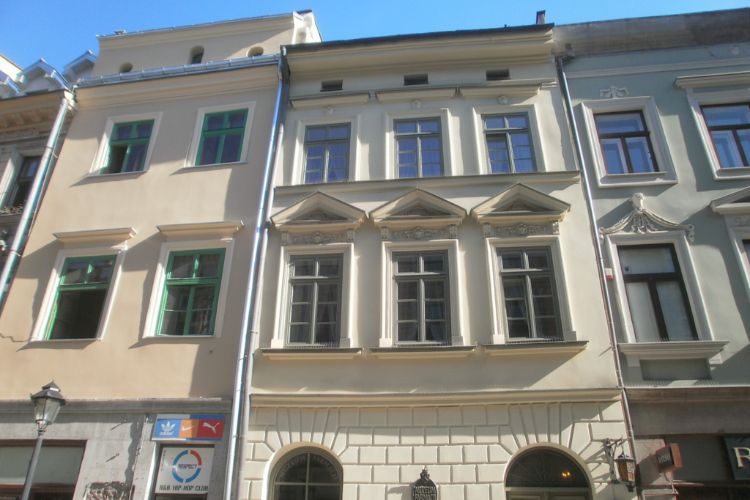
Pharmacy Museum in Kraków
KrakówThe Pharmacy Museum in Kraków (Muzeum Farmacji Collegium Medicum Uniwersytetu Jagiellońskiego) is a museum in Kraków that specializes in the history of pharmacy and pharmaceutical technology that was established in 1946. The museum is located on all five floors of the building, including the basemen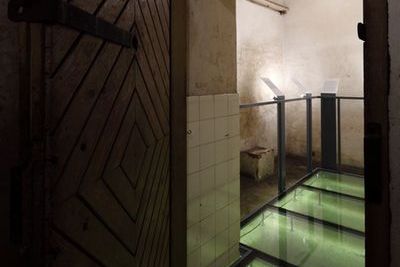
Pomorska street Gestapo prison
KrakówThe Pomorska street in Krakow contained the headquarters of the Nazi Gestapo police during World War II (including the Gestapo prison). The Pomorska street Gestapo prison is now a museum that exhibits documents, archive material, photographs and various items related to a recent past of Poland and t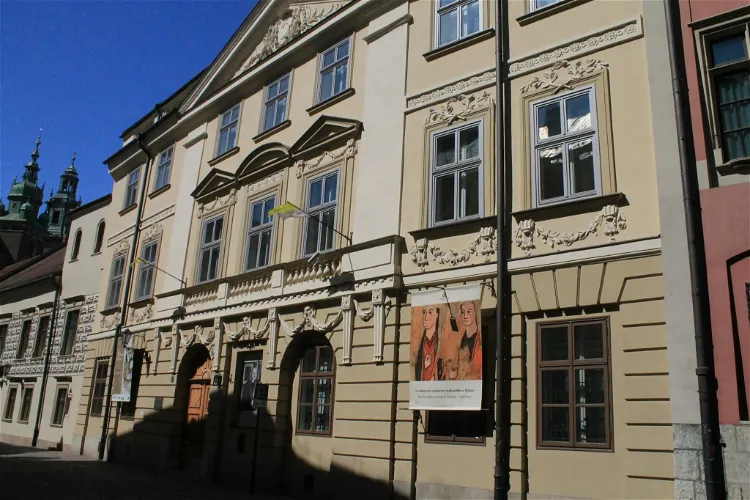
Archdiocesan Museum
KrakówThe Archdiocesan Museum in Krakow is located in the former residence of Cardinal Karol Wojtyła, who later became Pope John Paul II. The museum is situated in houses number 19 to 21 at Kanonicza Street. This location is not only significant for its historical value but also for its connection to one of the most influential figures in the Catholic Church.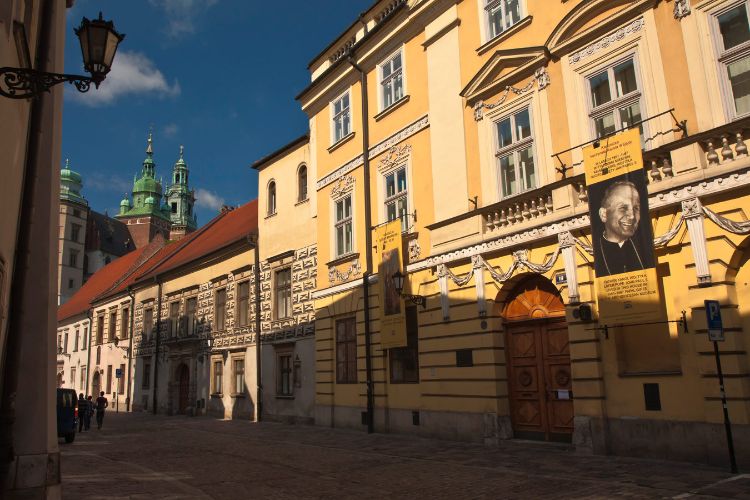
The Archdiocesan Museum
KrakówThe Archdiocesan Museum of Cardinal Karol Wojtyla in Krakow is a museum in Krakow that is housed in tenement houses 19-21 at Kanonicza Street. Tenement house number 19 is called St. Stanisława, and the house at 21 is called Dean's House. The collection of the Archdiocesan Museum contains sacred art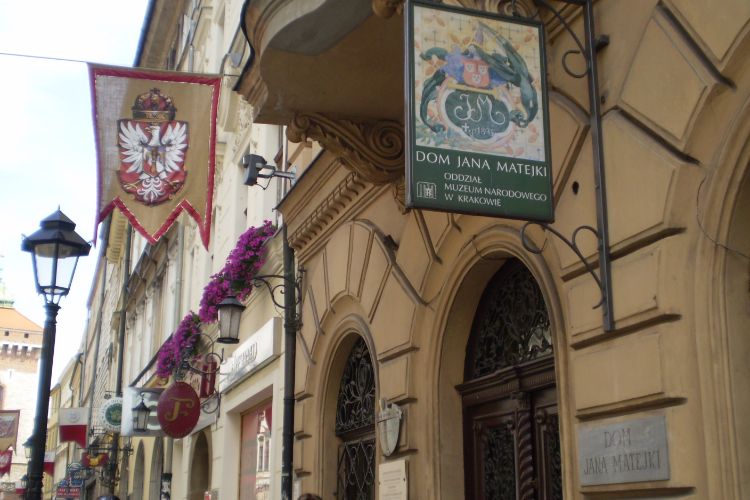
Jan Matejko House - Krakow National Museum
KrakówThe Jan Matejko House in Krakow is a museum dedicated to the painter Jan Matejko (1838-1893), who was born there and spent his whole life there. The house was built in the 16th century and was rebuilt several times after that. In 1872, Jan Matejko designed a new facade with the architect Tomasz Pryl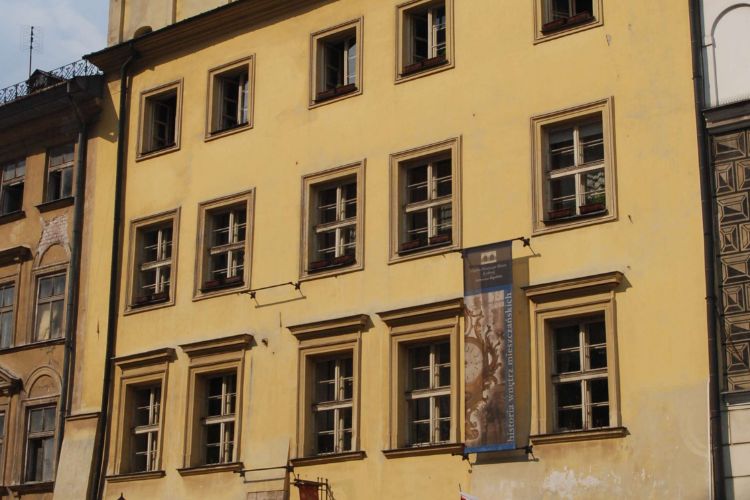
The Hipolit House
KrakówThe Hipolit House is one of the branches of the Historical Museum of Krakow, located at the Mariacki Square in a two-story building. The museum houses a permanent exhibition called "A Bourgeois House" that shows how Cracovians lived from the 17th to the 19th century, with changing characteristics of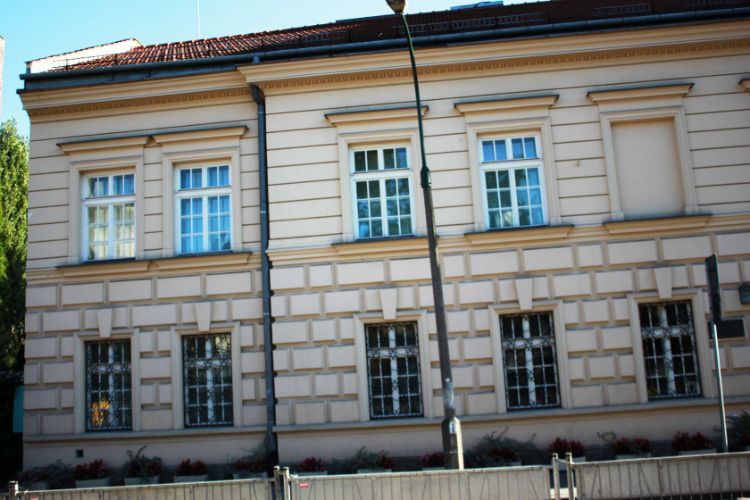
Jozef Mehoffer House - National Museum in Krakow
KrakówThe Józef Mehoffer House ( Dom Józefa Mehoffera) is a museum in Krakow that is a branch of the Krakow National Museum. The museum is dedicated to the painter Józef Mehoffer (1869-1946). Stanisław Wyspiański was born in the house in 1869. The Mehoffer family also lived in the house in the post-war pe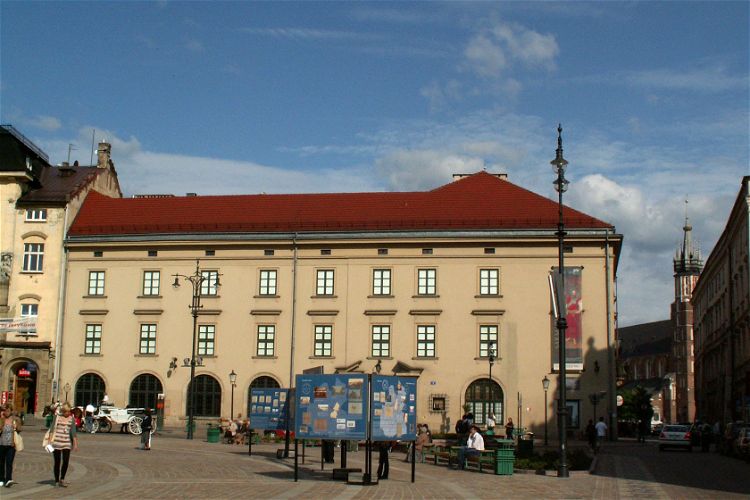
The Feliks Jasieński Szołayski House
KrakówThe Szołayski house is a two-storey building in Krakow that houses a permanent exhibition devoted to Stanisław Wyspiański (a Polish playwright, painter and poet, as well as interior and furniture designer) and Feliks "Manggha" Jasieński (a Polish critic and art collector). The oldest part of the Szo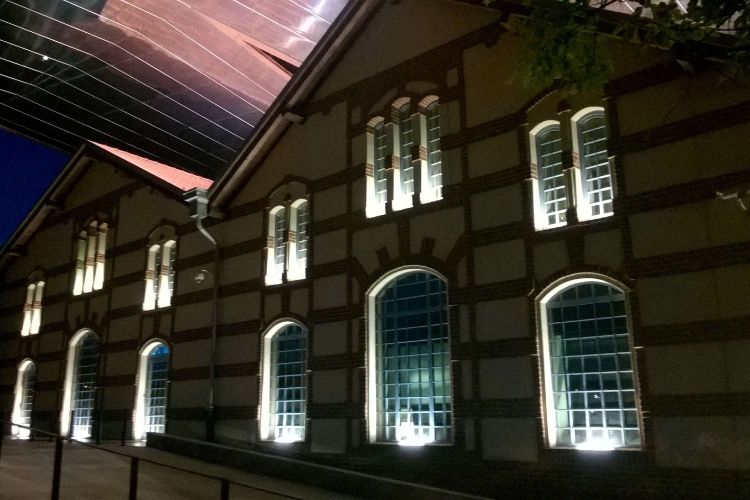
Cricoteka
KrakówThe Cricoteka (Center for the Documentation of the Art of Tadeusz Kantor) is a cultural institution founded in 1981 in Krakow, housed in a former power plant. It is dedicated to the Polish painter, assemblage and Happenings artist, set designer and theatre director Tadeusz Kantor. After his death, t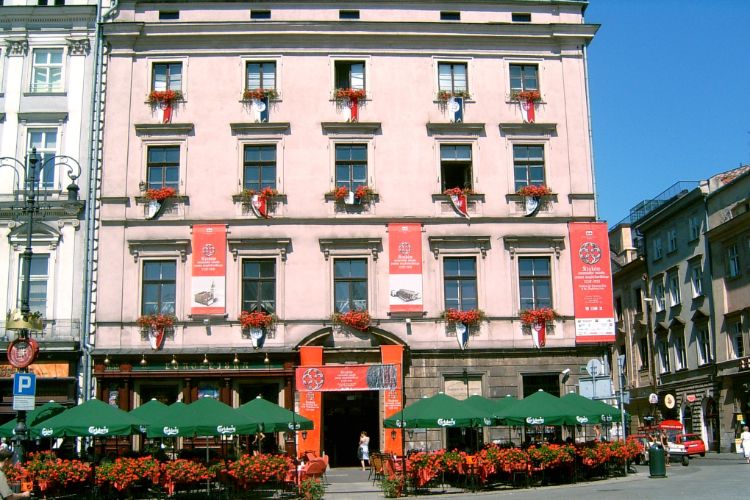
Krzysztofory Palace - Historical Museum of Kraków
KrakówThe Krzysztofory Palace is a small, baroque palace located on the main square of Kraków and is part of the Historical Museum of Krakow. In the 17th century, the Crown Court Marshal Adam Kazanowski commissioned the construction of the Krzysztofory Palace. It was named after St. Krzysztof, the patron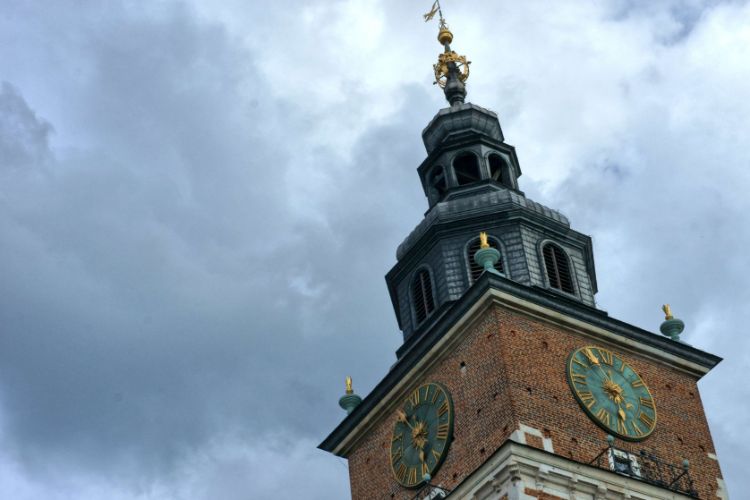
The Town Hall Tower
KrakówThe Town Hall Tower (Wieża ratuszowa) is a Gothic tower of 70 meters in Krakow that was built of brick and stone blocks in the 14th century and was part of the town hall that was demolished in 1820. There used to be a prison with a torture chamber under the Town Hall Tower. It is now in use by the H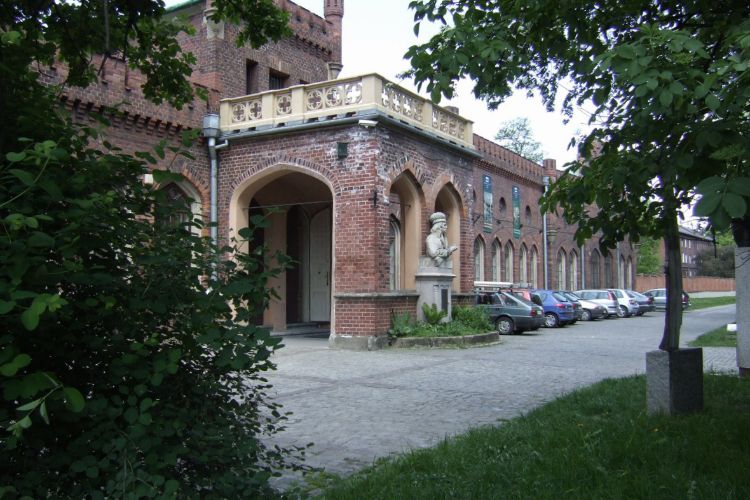
Celestat
KrakówThe Celestat is a musuem in Krakow that is dedicated to the history of the Cracovian Fowler Brotherhood of hunters and marksmen. The museum holds and displays a collection that includes oil paintings, guns, teapots, photographs and other relics related to its history.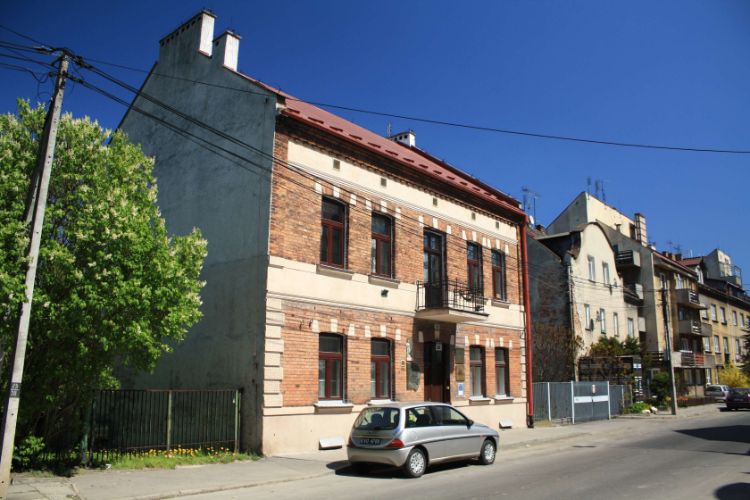
Zwierzyniec House
KrakówThe Zwierzyniec House is a branch of the Krakow Historical Museum. The museum houses an exhibition that illustrates the history of creativity of artists from Zvezhynets. Furthermore, the museum illustrates the changes that have taken place in the former suburbs of Krakow since their incorporation in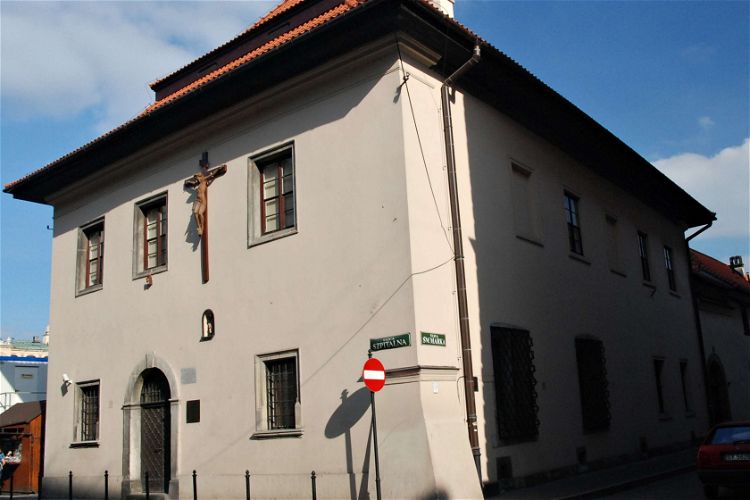
Cross House
KrakówThe Cross House (Dom pod Krzyżem) is a historic-architectural building in Krakow that houses the Stanislav Wyspianski Theater Museum, which is a branch of the Krakow Historical Museum. In 2008, a permanent exhibition was closed due to the necessary renovation of the building, conservation of exhibit- Online discount!20
The Podgórze Museum
KrakówThe Podgórze Museum is a museum in Krakow that illustrates the history of the Podgórze district. The museum presents a permanent exhibition "A Brief History of the City of Podgórze", which includes exhibits such as the 19th-century desk of the mayors of Podgórze and the insignia of the City Council